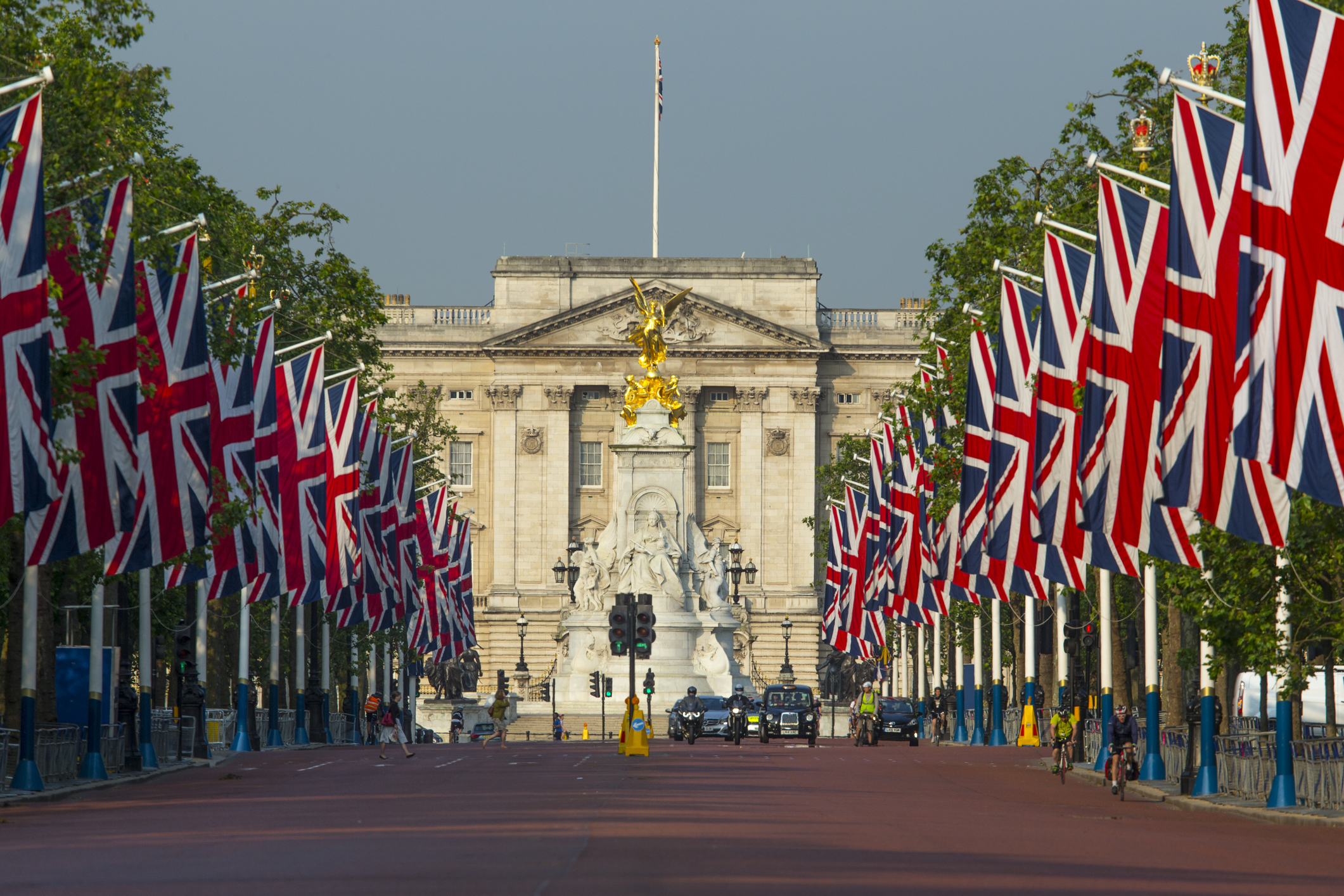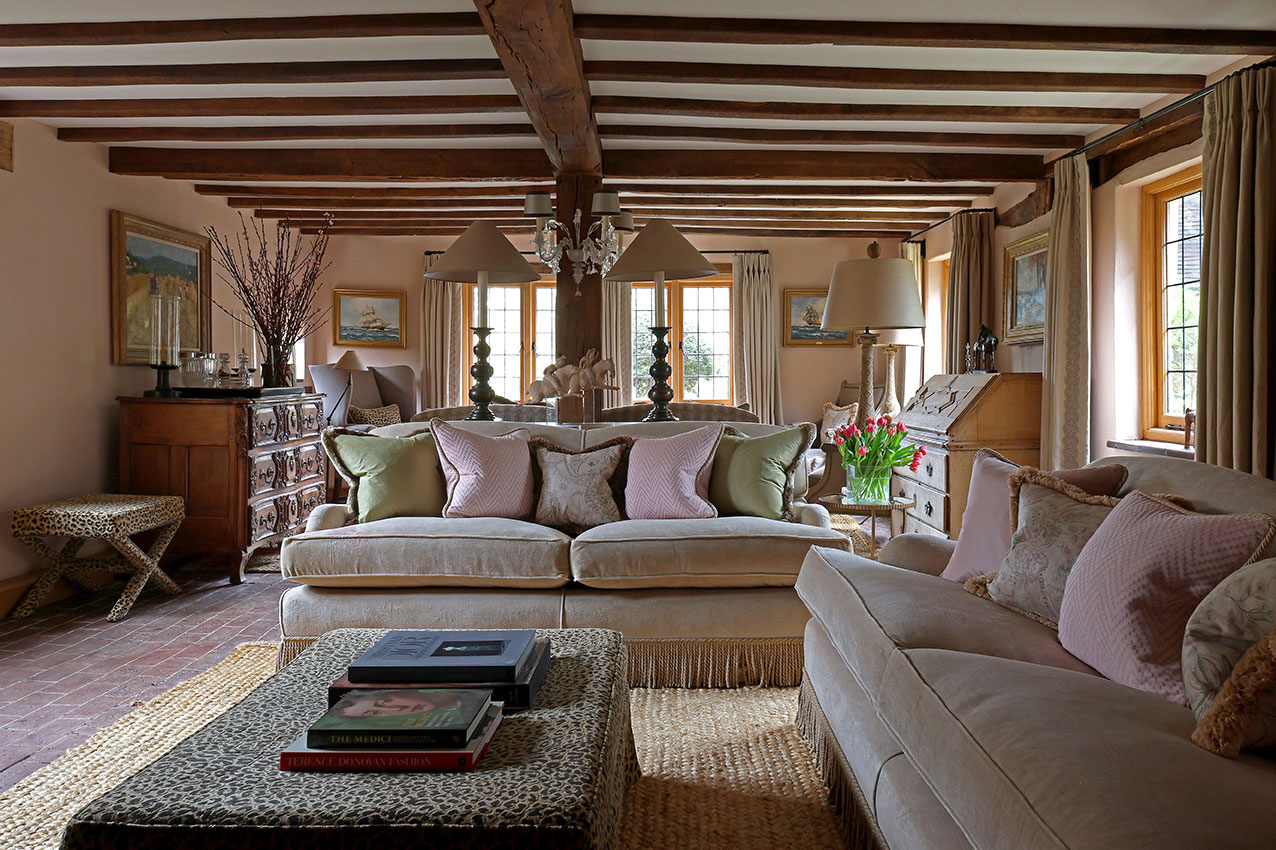Tom Parker Bowles on Britain's best smoked salmon: 'Pure piscine simplicity and the pinnacle of the smoker’s art'
An alchemy of salt and a delicate curing process over wood chips or sometimes peat makes for the ultimate smoked salmon, says Tom Parker Bowles.
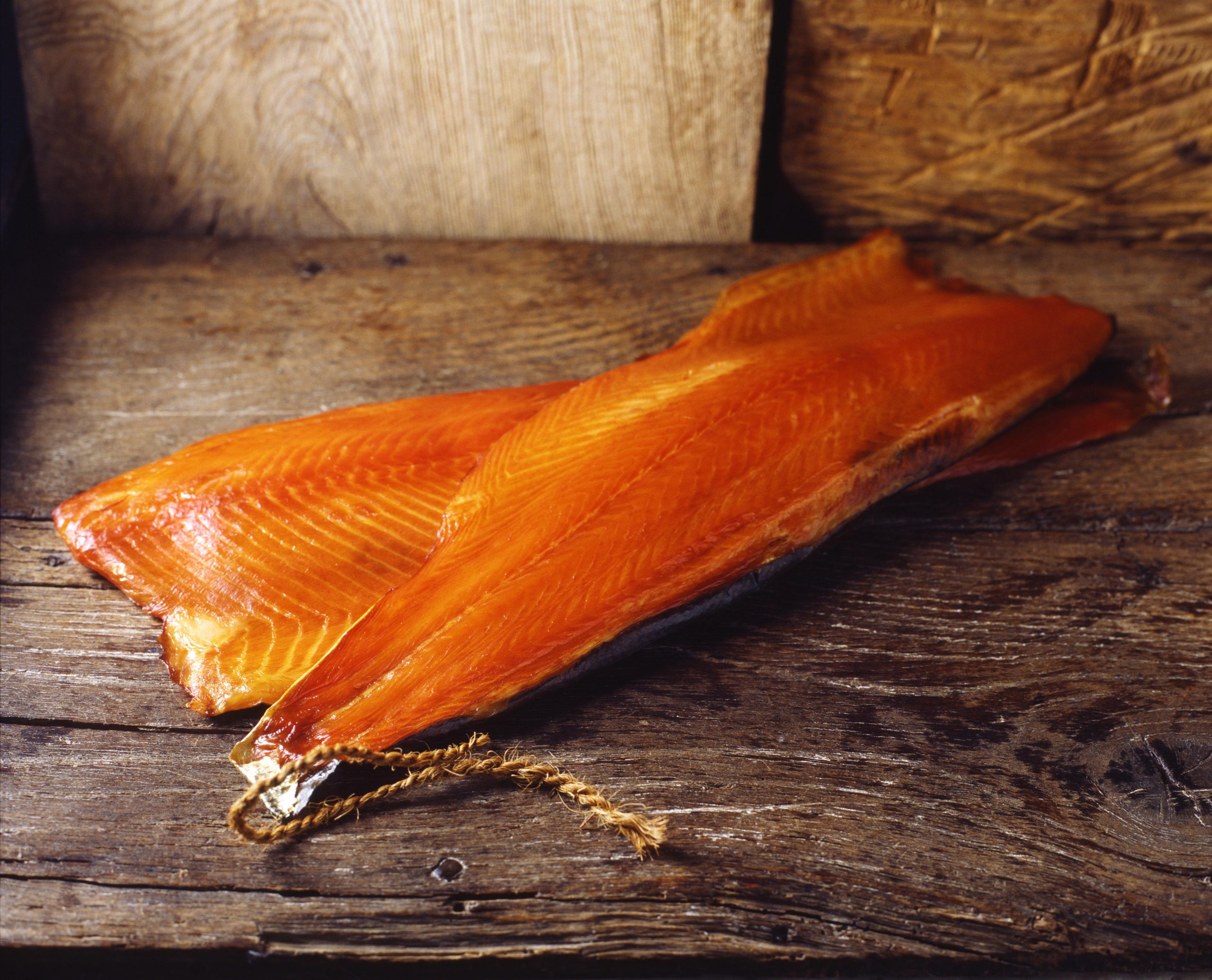
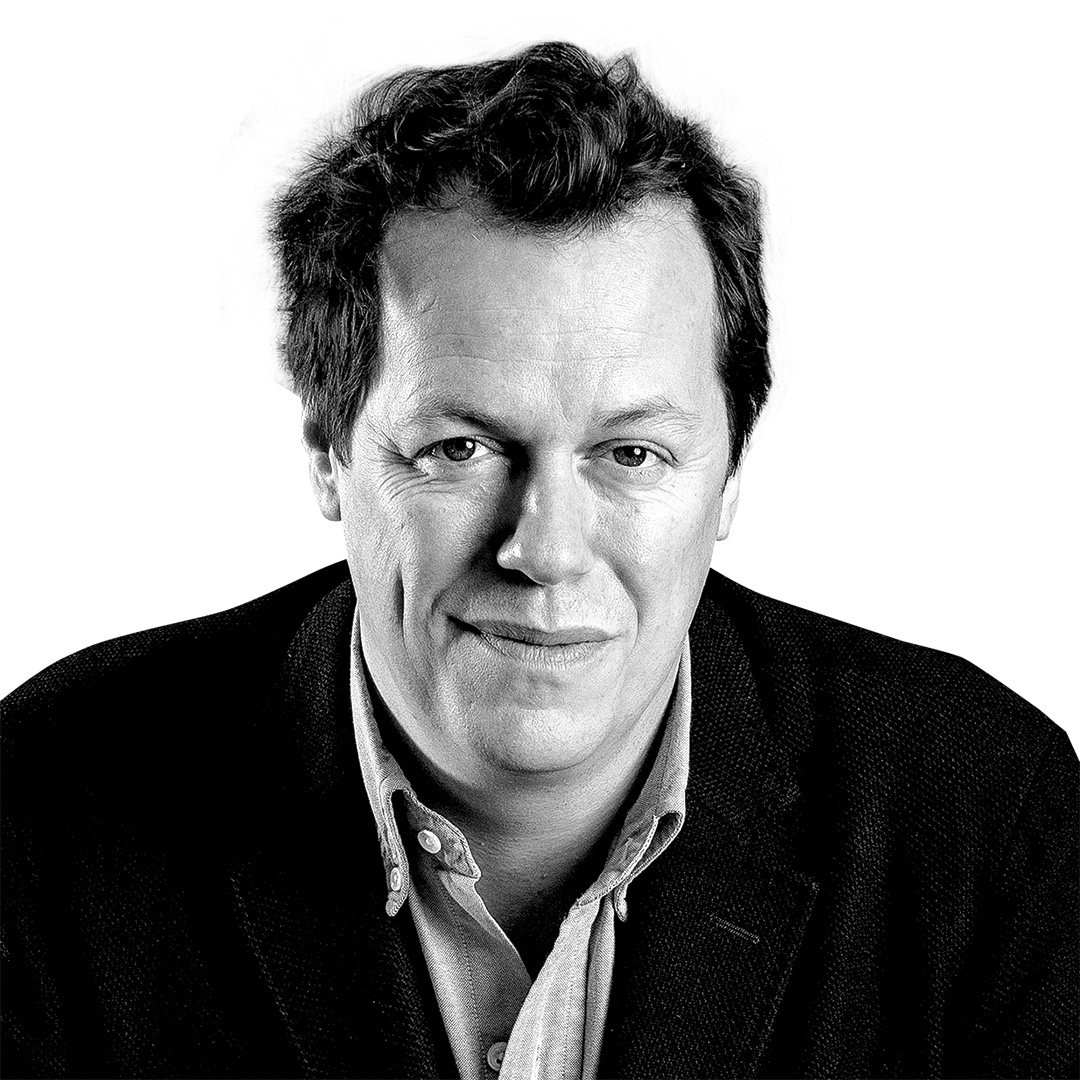
It is a sight as elegant as it is alluring; smoked salmon, a gentle pink or soft orange, sliced so thin you can still see the plate below. At its side, a half lemon, the cut end enrobed in muslin. And a plate of sliced brown bread, lustily buttered, the crusts removed. A squeeze of citrus, a grind of pepper (although the purists argue that the very finest needs no embellishment) and you have a dinner that pleases every whim and appetite, from weary gourmand to ravenous child. Pure piscine simplicity and the pinnacle of the smoker’s art.
Salmon, salt and smoke. That’s all it takes, although the devil is, as ever, in the detail. The flesh should be firm, rather than flabby. Never slimy. Nor excessively salty, fishy or greasy. You want a rich, buttery depth and a long, languorous finish. The London Cure gives a far more subtle smoke, a whisper rather than a shout. Those after something a little more pronounced should look towards a fish smoked over peat. Whatever your preference, the smoke should never smother the flavour of the fish.
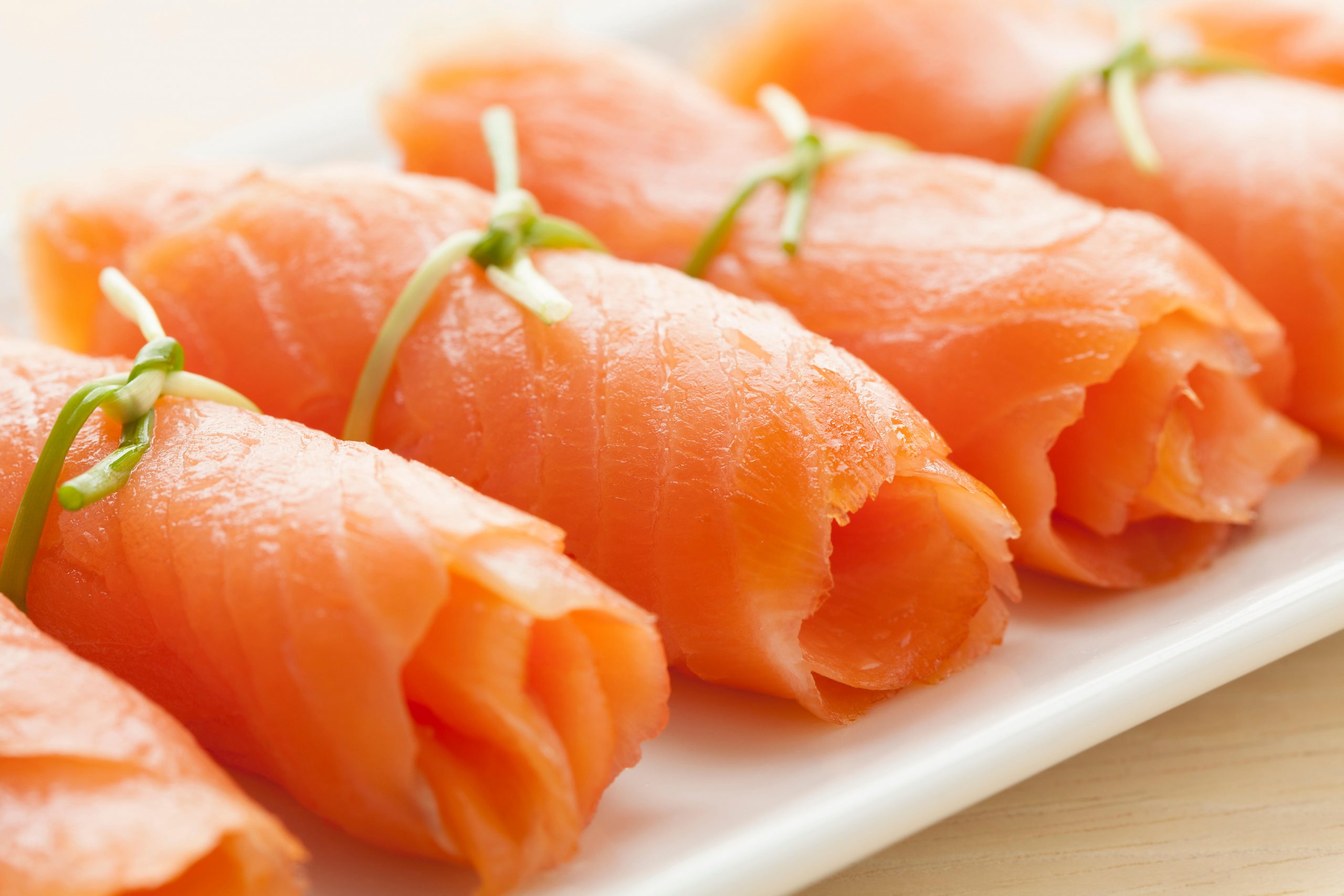
Smoking is an art as old as civilisation itself, a means of preservation in the days before refrigeration. The first British record of smoked salmon is in 1479, when a document describes a fishery as being obliged to deliver three dozen salmon per year to a Fife monastery, either ‘fresh or kippered’. London Cure — which was granted a protected geographical indication (PGI) status in 2017 — came to the capital in the 19th century, alongside Eastern European immigrants, predominantly Jewish, who settled in the East End. In the early days, they imported Baltic salmon in barrels, before discovering a summer glut of the wild Scottish stuff in Billingsgate fish market.
Ronnie Ross has been smoking fish in the Perthshire town of Dunkeld for 25 years. The smokehouse started life as a place where local fishermen could bring their catch. ‘We had no shop,’ recalls Mr Ross. ‘We simply smoked the fish and charged a small fee.’ These days, it’s illegal to buy or sell rod-caught salmon in Scotland and England. Wild stocks are in freefall. ‘We do miss the wild salmon,’ admits Dai Francis, ambassador for the Severn and Wye Smokery in Gloucestershire. ‘Each one is totally different, with a range of sizes and fat levels, whereas farmed salmon tend to be more or less the same size.’
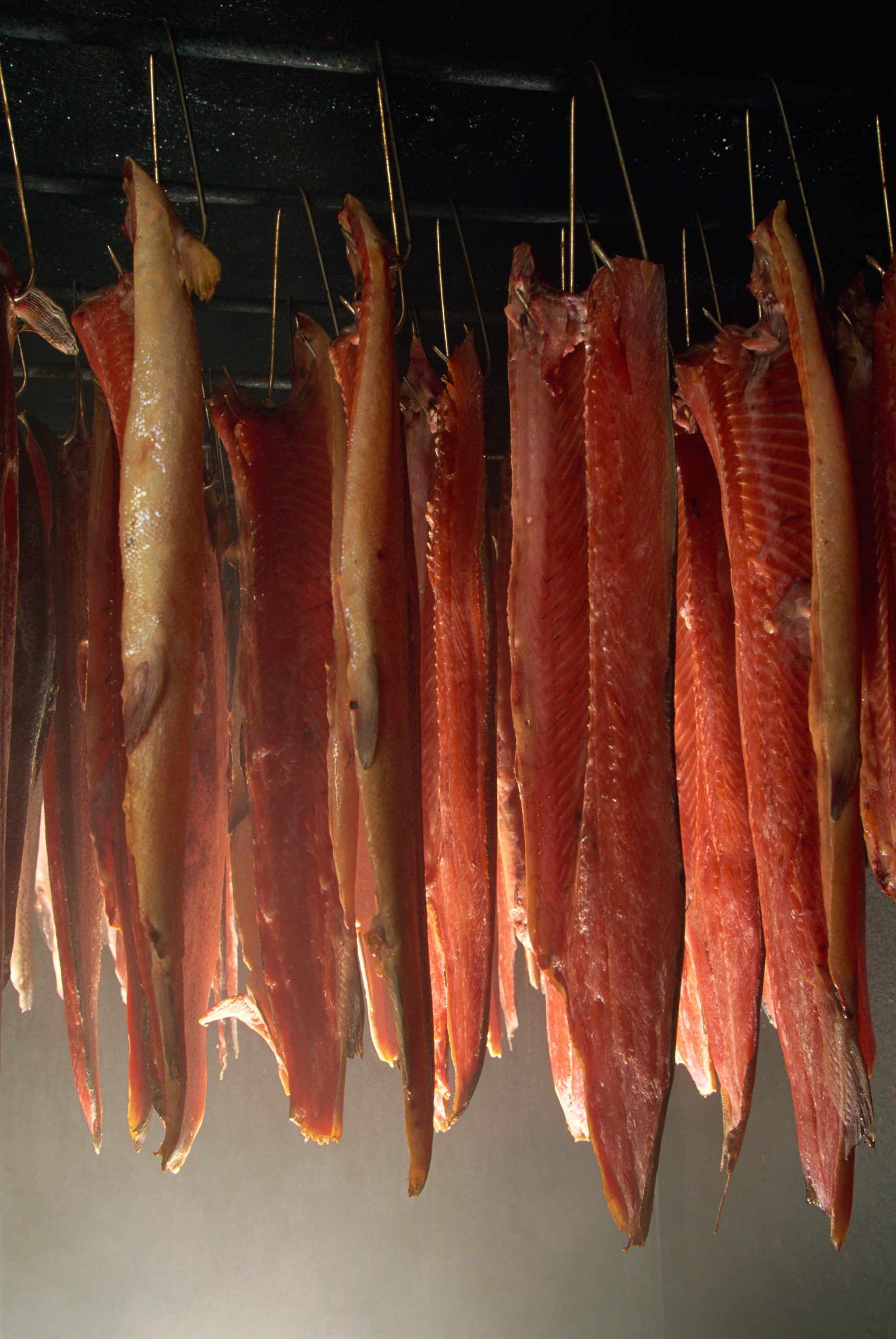
The only place you can legally buy genuine wild-smoked Scottish salmon is H. Forman and Son in East London. It’s a beautiful product, the flavour deeper and more complex than its farmed cousin. However, some believe we shouldn’t be eating wild salmon at all. ‘There’s simply not enough of them around to be able to harvest sustainably,’ argues Mark Bilsby, CEO of the Atlantic Salmon Trust. ‘There were eight to 10 million in the whole Atlantic in the 1980s, which has now fallen to about two to three million and shows no signs of stopping.’
Farmed fish may be the only option for smokers, but it doesn’t mean that the end product is inferior — it’s just different. ‘The art to producing incredible smoked fish is passion, care, love for what we do and the drive to produce a product that’s not “supermarket average”,’ notes Max Bergius, managing director of London’s Secret Smokehouse. ‘Curing (with salt) is a science and so, too, the smoking process (over oak), done by touch and eye.’ Everything is done by hand.
Jesse Pattison is the man behind Somerset’s Brown and Forrest. ‘For me, the art is simply time,’ he observes. ‘If you rush the best salmon in the world, it will still show. I also rest and dry the sides for a day or two, both before and after the 20 or so hours they spend (smoked over oak dust) in our old brick kilns.’ This adds to the flavour and keeps the flesh firm.
Sign up for the Country Life Newsletter
Exquisite houses, the beauty of Nature, and how to get the most from your life, straight to your inbox.
Sourcing the fish is of paramount importance. ‘All our salmon come from tidal lochs and from sustainable sources,’ points out Mr Pattison. ‘I look for a glorious and consistent colour in the flesh.’ Mr Bergius also buys his salmon from Scotland, looking for a ‘lean, mean torpedo with very low fat to replicate a wild fish’. ‘We’re mega aware of sustainability, so all our salmon is RSPCA high-welfare approved, no GM fish feed. Much more complicated compliance is demanded by our partners, which we champion. Having been brought up on the west coast of Scotland, I’ve seen first hand the impact of fish farms.’
Ah. Fish farms. Not so much the elephant in the room as the great white shark in the salmon cage. Because salmon farming is fundamentally unsustainable and, in the vast majority of cases, environmentally ruinous, too. Open-net farms allow fish to escape and breed with wild stock. And although the wild salmon is an incredible beast, river specific, perfectly attuned to its environment, the farmed fish, generally Norwegian, is less magnificent. Meaning the wild genetic stock is polluted.
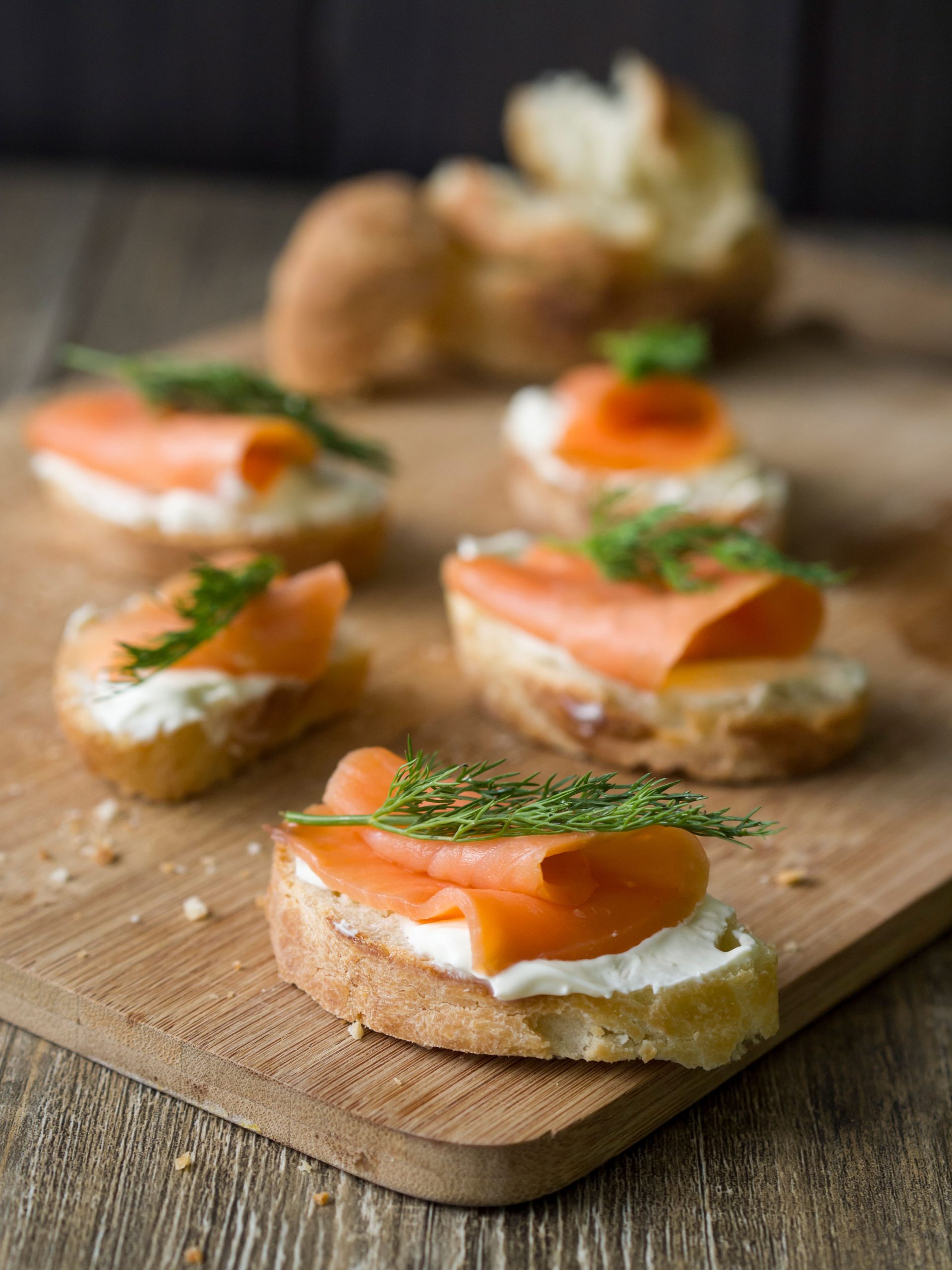
There’s also the issue of sea lice. ‘It’s all about numbers,’ says Mr Bilsby. ‘On the west coast of Scotland, wild Atlantic salmon can be counted in the tens of thousands, whereas there are millions of farmed fish. The lice, which are natural parasites, amplify in number because there are so many hosts.’
The lice also attack the passing wild fish in ever-increasing numbers. The more lice there are, the more pain the fish are in, the more noxious chemicals must be poured into the water to combat them (although ‘cleaner fish’ such as wrasse are also used to devour the lice), causing devastation to the surrounding ecosystem. Poor water quality, harmful algal blooms, increased fish disease, overcrowding, fish distress, chemical and faecal pollution… the list goes on and on.
All agree that Aquaculture Stewardship Council (ASC) accreditation, which ensures sustainable aquaculture, is a ‘step in the right direction’, as it takes the welfare of the wild fish into account, something the Organic Standard doesn’t. Yet there are precious few ASC-accredited Scottish farms and it certainly isn’t failsafe.
One possible option lies in recirculating aquaculture systems (RAS), often land-based, meaning the wild and farmed fish are separated, so there are no issues of lice or genetic pollution. Mr Bergius’s Secret Smokehouse was the first in the UK to trial the fish, but he’s not yet convinced. ‘The fish were pristine in their appearance, but there was no flavour. It solved some problems, but also created others.’
There are no easy solutions and it’s an issue about which the best smokers are all too aware. Some consumers have given up farmed salmon altogether. Nonetheless, the farmed-salmon industry has to change, with regulators and governments doing more than they are at the moment. As Mr Bergius points out: ‘It’s a big powerful industry, with lobbyists earning their keep.’ The issue is deeply complex, but one he believes ‘we as humans will solve’. Let’s hope he’s right because, as it stands, industrial salmon farming doesn’t only threaten the future of a great national delicacy, it’s endangering the very survival of one of the world’s greatest fish.
The best smoked salmon: Tom’s top 10
Secret Smokehouse
Light, subtle and gentle, with a mild oak smoke. Good texture, depth and length, too. £18 for 200g
Dunkeld
01350 727639; www.dunkeldsmokedsalmon.com
A mild smoke, but an elegant one, artfully done over whisky-barrel chips and oak dust. Flavours whisper, rather than shout. £6.25 for 100g
Daylesford Organic
01608 731670; www.daylesford.com
Gentle, rich and pure, with a mellow oak smoke, firm texture and long, languorous finish. £8.49 for 100g
London Smoke And Cure
07837 838241; www.londonsmokeandcure.co.uk
Cut on the D, with a clean, buttery depth, a fine sweetness and gentle smoke. Very good indeed. £14.95 for 200g
John Ross
01483 224900; www.johnrossjr.com
A high-quality, everyday smoked salmon, with a mellow smoke and good depth of flavour. £7 for 200g
Andy Race
01687 462626; www.andyrace.co.uk
A big — but never overwhelming — peat smoke, with firm, muscular flesh. This is one for those who like things a bit more strident. £18 for 250g
Lambton & Jackson
01621 853710; www.lambtonandjackson.com
A no-nonsense smoked salmon, with a pronounced smoke taste. But, although robust, it’s never brash. £10 for 200g
Brown and Forrest
01458 250875; www.brownandforrest.co.uk
An eternal favourite of mine that never lets you down, this is a luscious and languid smoked salmon, delicate with a warm whisper of smoke. £9.95 for 200g
Goldsteins
They’ve been in the business for more than 100 years and the experience shows. The oak smoke is discreet and it has a long finish. £6.50 for 100g
H. Forman and Son
020–3601 5464; www.formans.co.uk
A London institution and a classic London cure — the smoke is so subtle as to be almost invisible, but it has a gentle taste and decent texture, too. £6.50 for 100g
Tom Parker Bowles is food writer, critic and regular contributor to Country Life.
